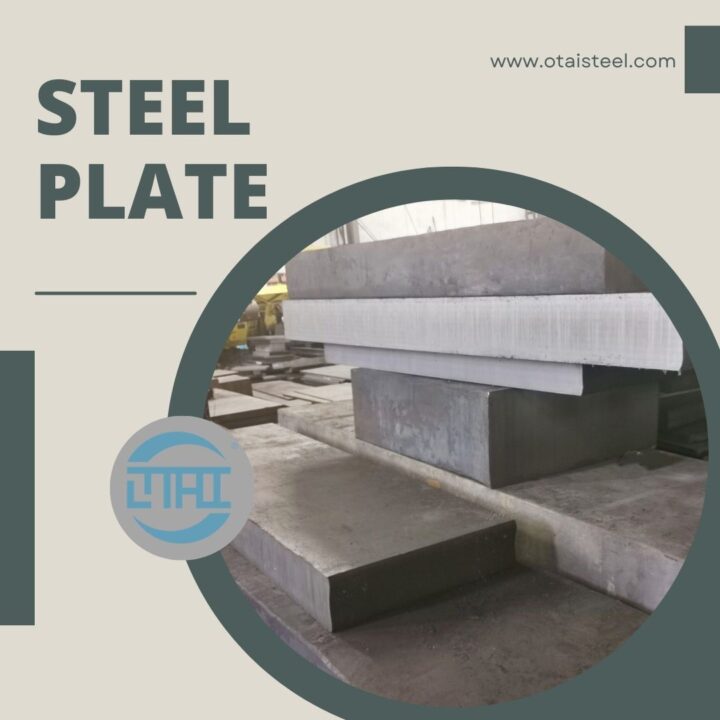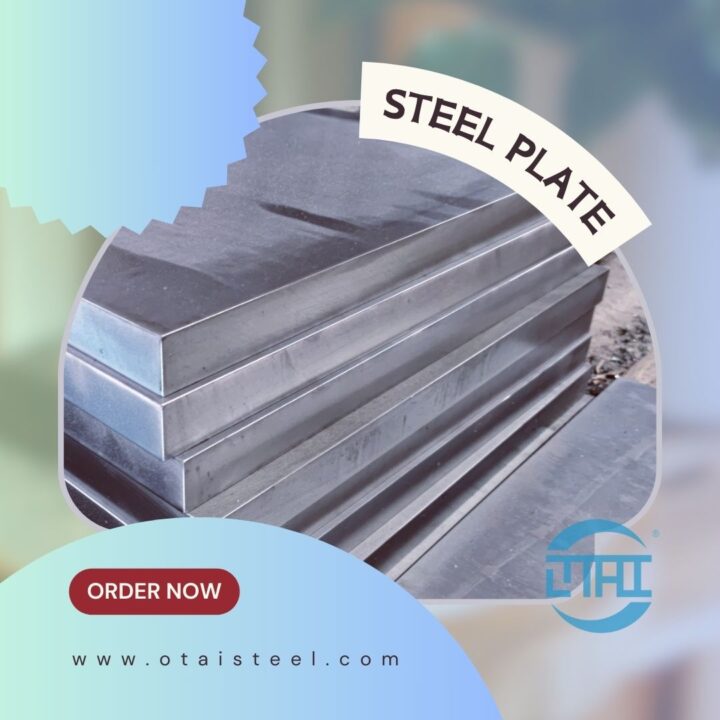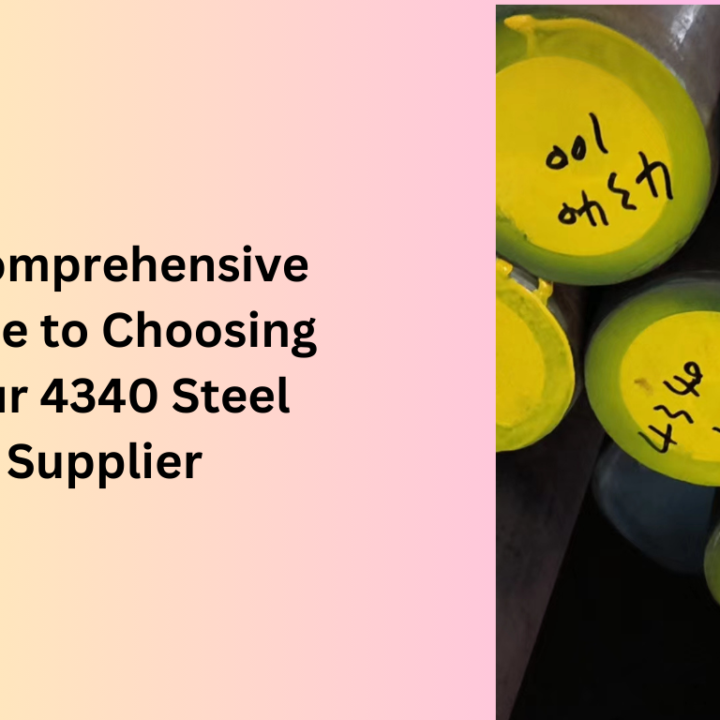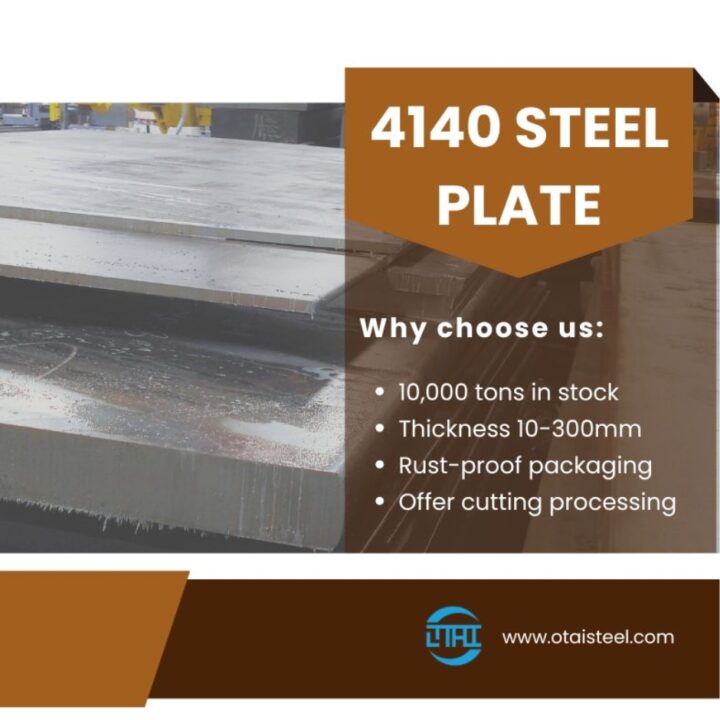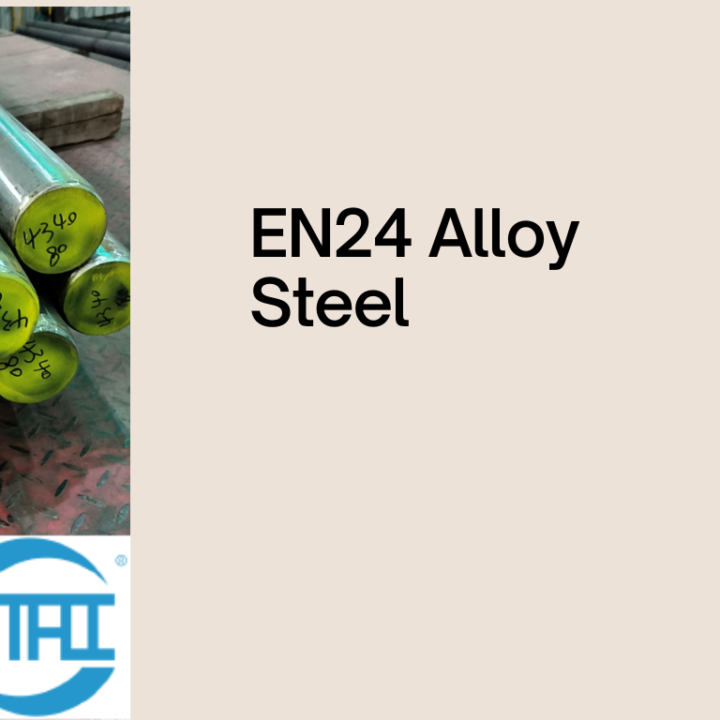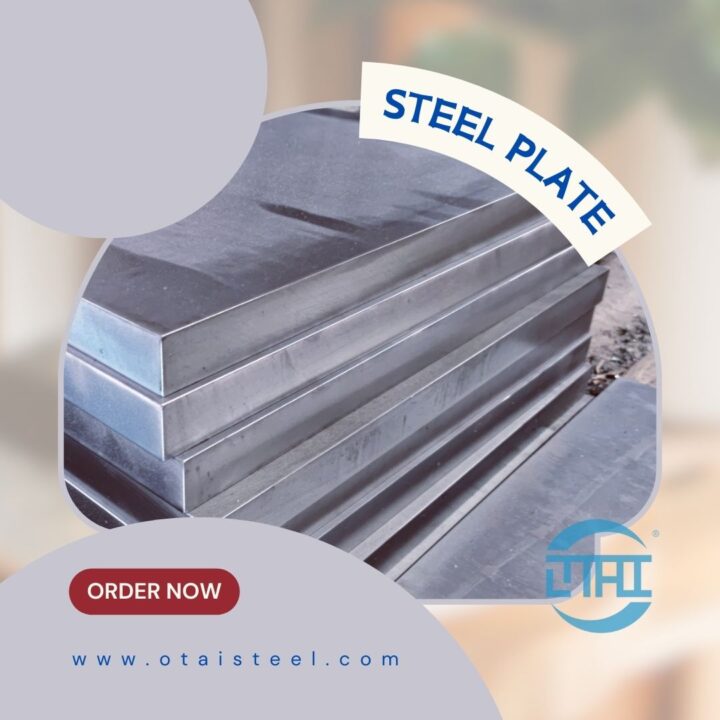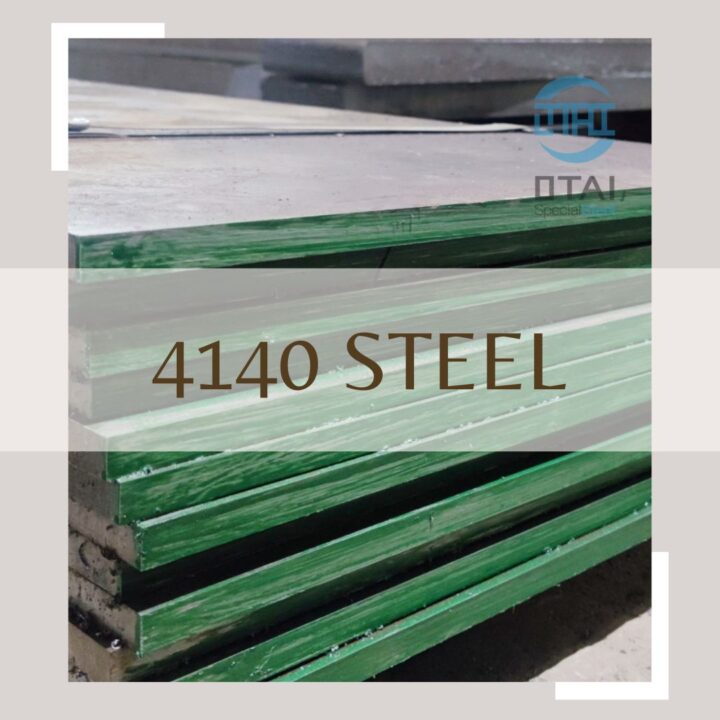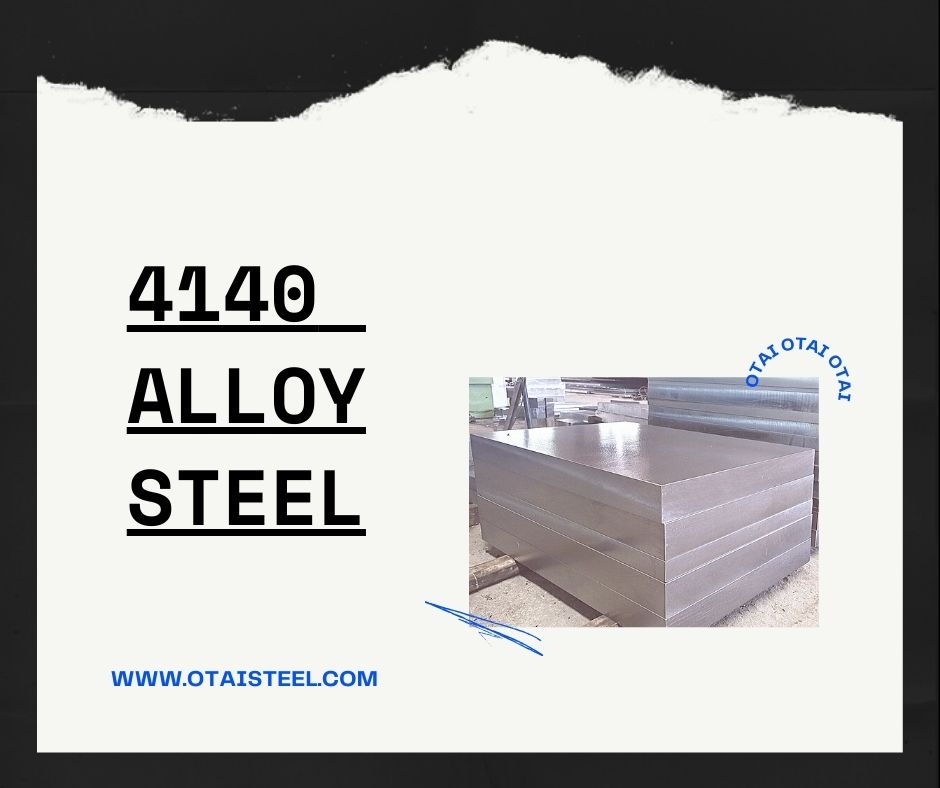 Tensile strength is a critical property to consider when working with materials like 4140 alloy steel. This alloy is known for its exceptional mechanical properties, making it a popular choice in various industries.
Tensile strength is a critical property to consider when working with materials like 4140 alloy steel. This alloy is known for its exceptional mechanical properties, making it a popular choice in various industries.
Understanding 4140 Alloy Steel
Before we delve into the specifics of 4140 alloy steel’s tensile strength, let’s get acquainted with this remarkable material.
4140 alloy steel is a versatile and widely-used alloy known for its exceptional properties, such as high tensile strength, good ductility, excellent wear resistance, and high fatigue strength. Its chemical composition consists primarily of chromium, molybdenum, carbon, manganese, and silicon.
Tensile Strength of 4140 Alloy Steel
Now, let’s get to the heart of the matter—the tensile strength of 4140 alloy steel. This alloy boasts an impressive tensile strength that is highly valued across various industries. The tensile strength of 4140 steel typically falls in the range of 850 to 1000 megapascals (MPa), or approximately 123,000 to 145,000 pounds per square inch (psi). This range may vary slightly depending on the specific heat treatment and alloy composition.
The high tensile strength of 4140 alloy steel makes it an ideal choice for applications where the material is subjected to significant mechanical stress, such as in the aerospace, automotive, and oil and gas industries. Whether it’s used for manufacturing critical components like axles, gears, or structural parts, 4140 steel’s impressive tensile strength ensures durability and reliability.
Importance of Tensile Strength in Engineering
Tensile strength is a crucial parameter in material selection for engineering applications. It determines the load-carrying capacity of a material and its ability to withstand forces without breaking or deforming. The significance of tensile strength can be summarized as follows:
- Safety: In critical applications, such as aircraft components, using materials with high tensile strength is essential to ensure safety and reliability.
- Durability: High tensile strength materials like 4140 steel can withstand repeated stress cycles, making them suitable for components subject to dynamic loading.
- Weight Savings: The excellent strength-to-weight ratio of 4140 steel allows for lighter and more fuel-efficient designs in automotive and aerospace industries.
- Cost-Efficiency: Materials with the right tensile strength can reduce the frequency of maintenance and replacement, leading to cost savings in the long run.
Applications of 4140 Alloy Steel
- Aerospace: Used in aircraft landing gear and critical structural components.
- Automotive: Employed in high-stress parts like axles, crankshafts, and gears.
- Oil and Gas: Ideal for components subjected to extreme pressure and temperature conditions.
- Construction: Utilized in the construction of heavy equipment and structural components.
- Machinery: Found in gears, shafts, and other components requiring high strength.
FAQs
Q1: How is tensile strength measured?
A1: Tensile strength is measured by subjecting a sample of the material to a gradually increasing load until it fractures. The maximum load it can withstand before breaking is its tensile strength.
Q2: Can the tensile strength of 4140 alloy steel be improved through heat treatment?
A2: Yes, heat treatment processes like quenching and tempering can enhance the tensile strength of 4140 steel while maintaining its other favorable properties.
Q3: Is tensile strength the only property to consider when choosing a material?
A3: No, other properties like hardness, ductility, and corrosion resistance are also important factors in material selection, depending on the specific application.
Q4: Are there limitations to the tensile strength of 4140 alloy steel?
A4: While 4140 steel offers excellent tensile strength, it’s essential to consider factors like temperature, loading conditions, and potential for fatigue failure in engineering applications.
Q5: Can 4140 alloy steel be used in high-temperature applications?
A5: 4140 steel has good heat resistance, but it may lose some hardness at very high temperatures. For extreme heat applications, specialized alloys might be more suitable.
